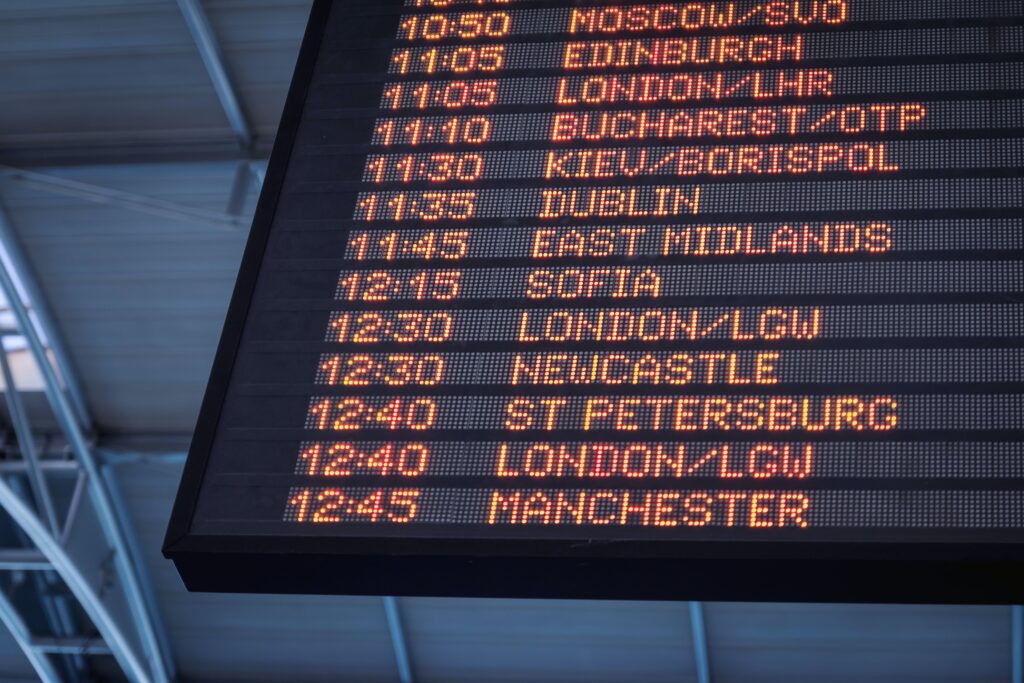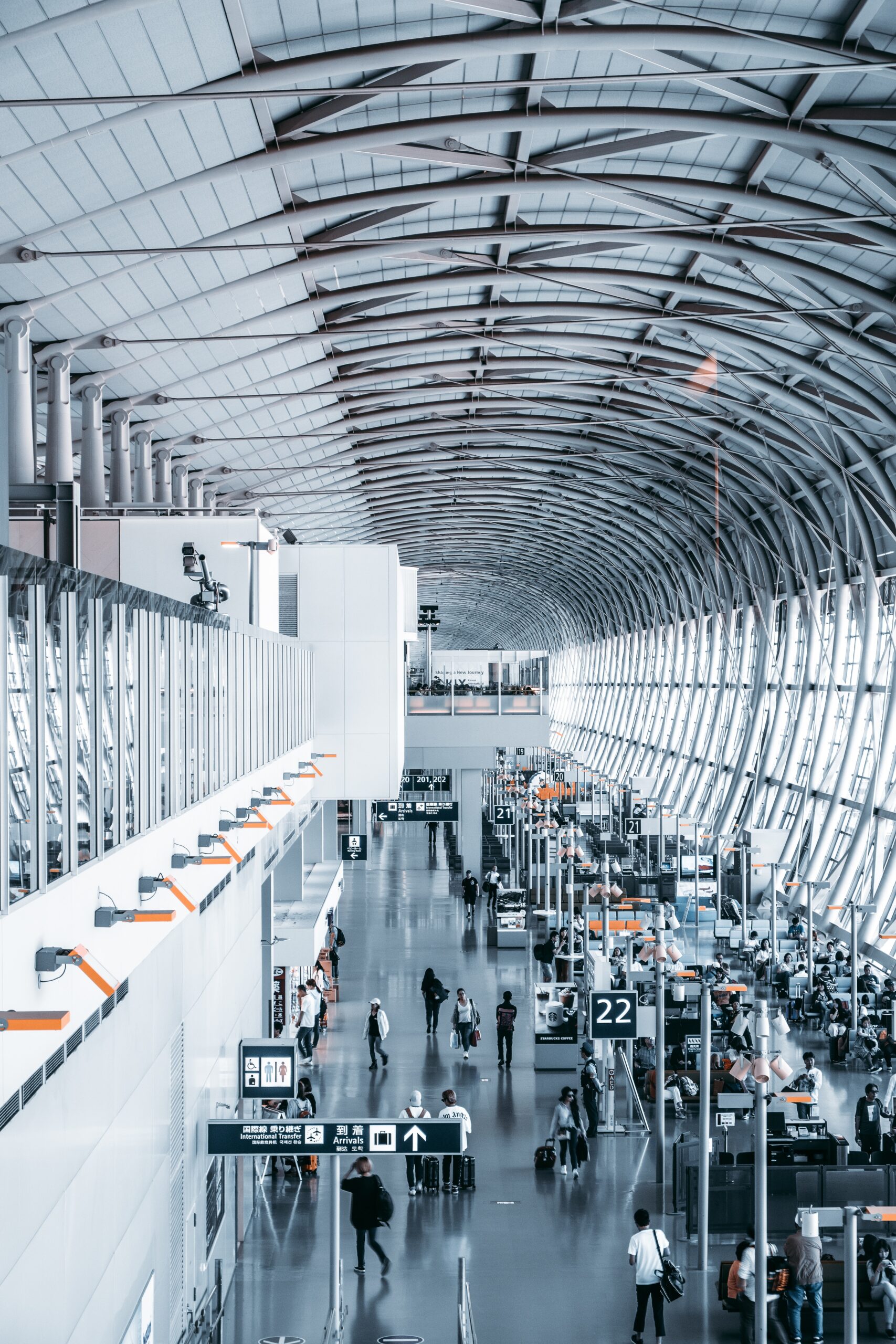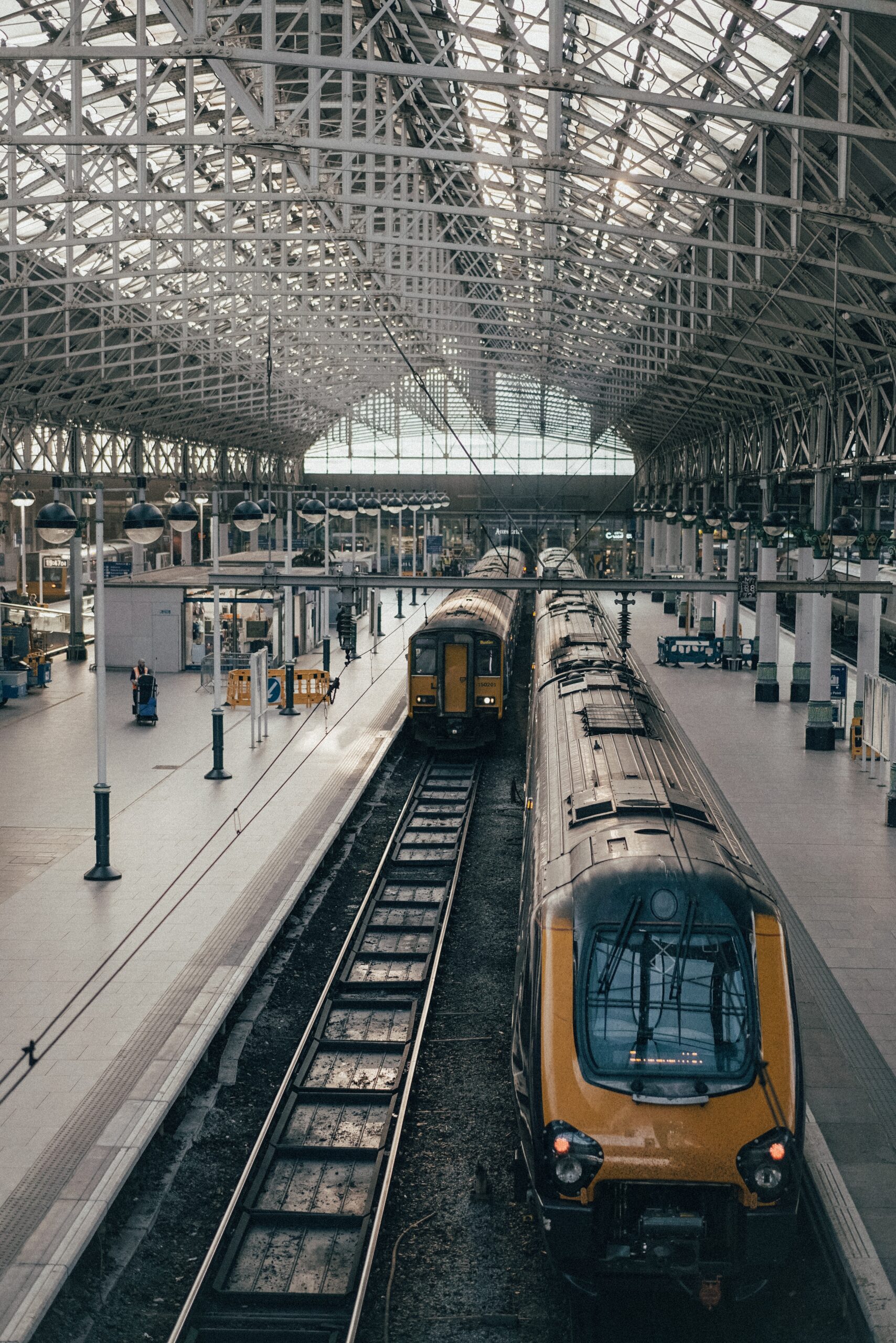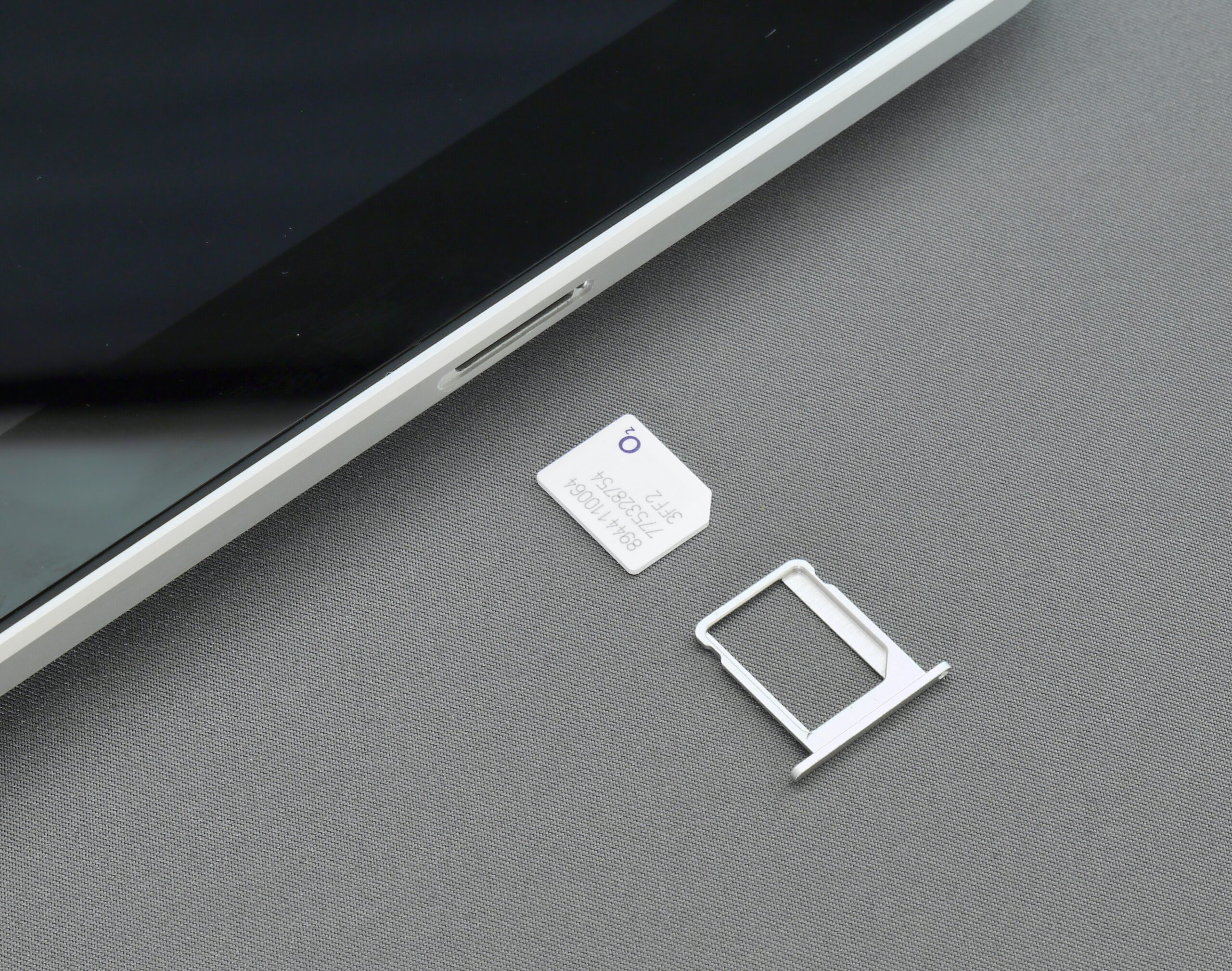Luxembourg Transportation Guide
Luxembourg Transportation Guide: Efficient and well-connected transportation in Luxembourg. Explore via trains, buses, and bikes, complemented by picturesque drives and modern infrastructure.


Luxembourg Transportation Guide – International Airports
Luxembourg has one international airport, officially called Luxembourg Airport (LUX), also known as Findel Airport. It is located about 6 kilometers (3.7 miles) east of the capital city of Luxembourg and serves as the main airport for the country.
Luxembourg Airport is a relatively small airport with two runways and one main terminal building, which handles both domestic and international flights. It offers direct flights to a variety of destinations in Europe and North Africa, as well as connecting flights to other parts of the world through major hub airports such as Frankfurt, Paris, and Amsterdam.
The airport has a range of services and facilities for travelers, including restaurants and cafes, duty-free shops, car rental agencies, and public transportation options such as buses and taxis.
National Airports
As Luxembourg is a small country, there is only one airport, which is Luxembourg Airport (LUX), also known as Findel Airport. It is the only airport in the country that provides both domestic and international flights, and serves as the main airport for Luxembourg. Therefore, there are no other national airports in Luxembourg.
Luxembourg Transportation Guide – Trains
Luxembourg has a well-developed and efficient rail network that connects the country with major cities in neighboring countries. The national railway company, called CFL (Chemins de Fer Luxembourgeois), operates the majority of train services within the country.
Luxembourg’s railway network includes both regional and international services, with trains running to destinations in Belgium, France, and Germany. There are also high-speed trains (TGV and ICE) that connect Luxembourg with other major cities in Europe, such as Paris, Brussels, and Frankfurt.
In addition to traditional train services, Luxembourg also has a modern tram network that serves the capital city of Luxembourg. The tram system, called Luxtram, was introduced in 2017 and connects various neighborhoods within the city, as well as surrounding suburbs.


Luxembourg Transportation Guide – Buses
Luxembourg has an extensive and reliable bus network that provides convenient and affordable transportation within the country. The bus system is operated by a national public transport company called “Voyages Emile Weber” and covers both urban and rural areas.
In addition to the regular bus services, Luxembourg also has a bus rapid transit system called “Luxembourg Bus,” which provides fast and efficient transport between the capital city and surrounding suburbs. The system uses dedicated bus lanes and modern, low-emission buses.
Luxembourg’s bus network also provides connections to neighboring countries such as Belgium, France, and Germany, making it easy to travel between different cities and regions.
Tickets can be purchased on board the buses or through the Voyages Emile Weber mobile app, and there are various ticket options available depending on the duration and frequency of travel.
Links of interest
Airlines:
Luxembourg Airport Official Website
Airlines Serving Luxembourg Airport
Trains:
Official Website of Luxembourg Railways (CFL)
Train Timetables
Ticket Information
International Train Services
Buses:
AVL – Autobus de la Ville de Luxembourg (Official Website)
Mobiliteit.lu
CFL – Buses
Ride-Sharing:


We recommend
Luxembourg travel tips
Our guide offers essential Luxembourg travel tips and insights for an unforgettable journey. Plan your trip with us!
Luxembourg Transportation Guide – SIM Cards
For travelers in Luxembourg:
Providers:
Choose from major providers like Orange, POST, and Tango for reliable coverage.
Prepaid SIMs:
Easily available at airports, kiosks, and stores; purchase a prepaid SIM for data and calls.
Data Plans:
Opt for data-centric plans to stay connected; plans often include EU roaming for seamless travel.
Registration:
Some providers may require ID registration; have your passport or ID ready for the process.
Coverage:
Confirm coverage in rural areas if planning countryside exploration; urban coverage is generally strong.
Compatibility:
Ensure your phone is unlocked to use local SIMs; dual SIM phones offer convenience for retaining home numbers.
Validity Periods:
Be aware of SIM expiration; some may deactivate if not used within a certain timeframe.
Emergency Services:
Familiarize yourself with local emergency numbers for immediate assistance.
Mobile Apps:
Download local mapping and transportation apps for convenience in navigation and planning.
Language:
English is widely spoken, making communication with service providers straightforward.
Tourist Packages:
Explore tourist-specific SIM packages offering data, calls, and sometimes discounts on attractions.
EU Roaming:
Take advantage of EU roaming benefits, ensuring your plan covers multiple countries if touring the region.
Currency Converter
Currency Converter EUR/USD: Sun, 1 Jun.
Unit Converter
Luxembourg Transportation Guide – Maps
What map do you need?
Choose your destination
More information about this country







